Can privacy survive?
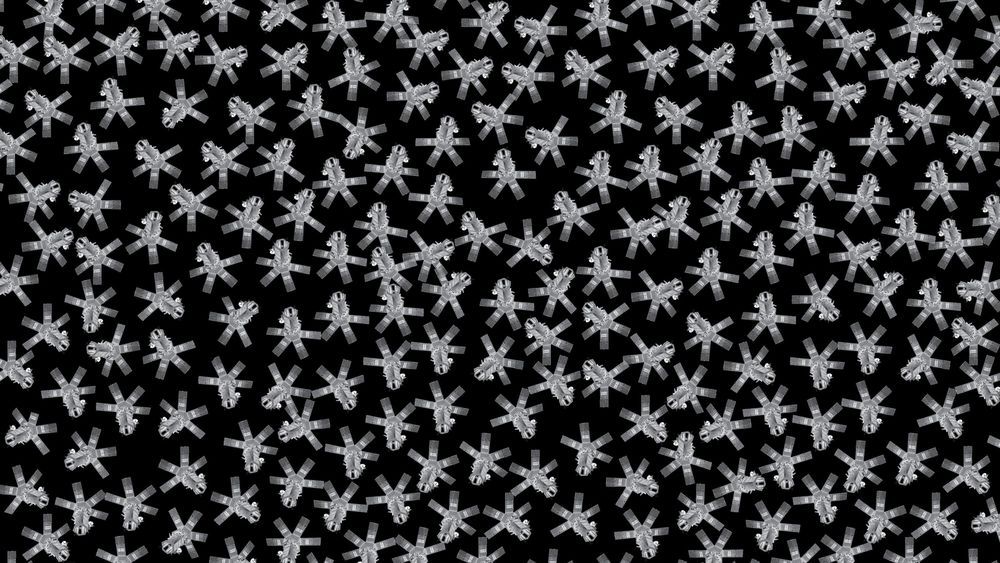


Britain could soon be sending tourists into orbit after the UK Space Agency began drafting regulations to allow human launches from spaceports in Cornwall and the Scottish Highlands.
The government is already committed to putting satellites into space from British soil and recently signed a deal with Virgin Orbit to start building the facilities to allow horizontal launches.
Now the UK Space Agency has confirmed it is drawing up regulations to allow sub-orbital human spaceflight, with Virgin Galactic the most likely candidate to take tourists beyond Earth’s atmosphere where they can experience weightlessness and see the curvature of the planet.
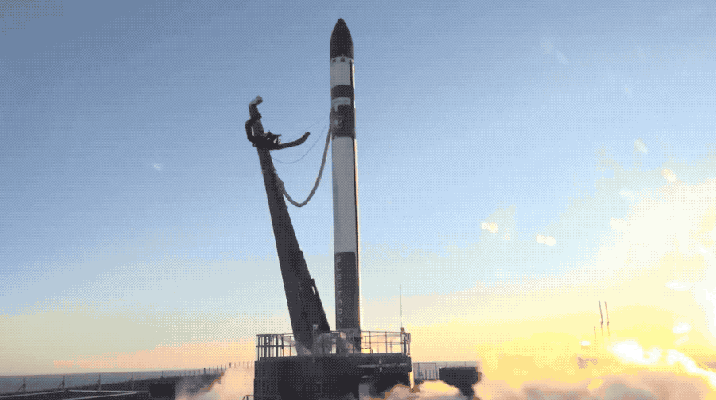
Private rocket launch startup Rocket Lab has succeeded in launching its ‘Make It Rain’ mission, which took off yesterday from the company’s private Launch Complex 1 in New Zealand. On board Rocket Lab’s Electron rocket (its seventh to launch so far) were multiple satellites flow for various clients in a rideshare arrangement brokered by Rocket Lab client Spaceflight.
Payloads for the launch included a satellite for Spaceflight subsidiary BlackSky, which will join its existing orbital imaging constellation. There was also a CubeSat operated by the Melbourne Space Program, and two Prometheus satellites launched for the U.Special Operations Command.
Rocket Lab had to delay launch a couple of times earlier in the week owing to suboptimal launch conditions, but yesterday’s mission went off without a hitch at 12:30 AM EDT/4:30 PM NZST. After successfully lifting off and achieving orbit, Rocket Lab’s Electron also deployed all of its payloads to their target orbits as planned.
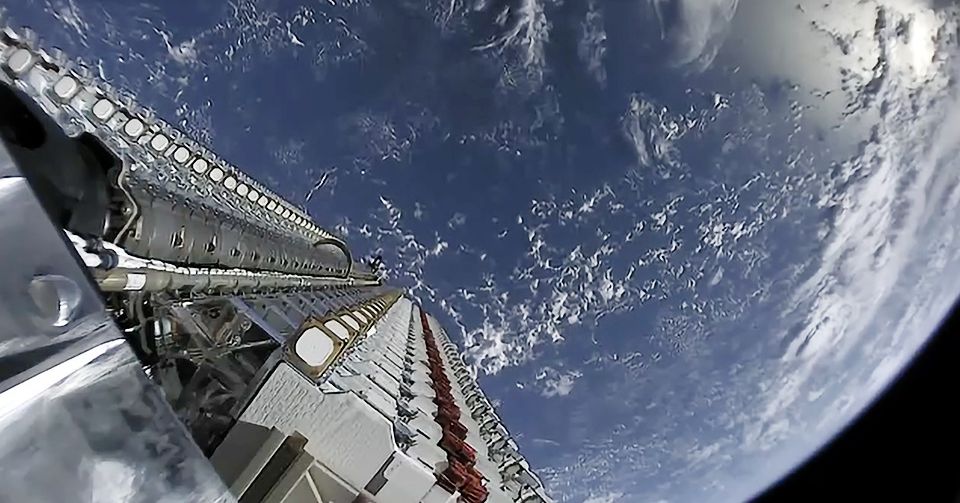
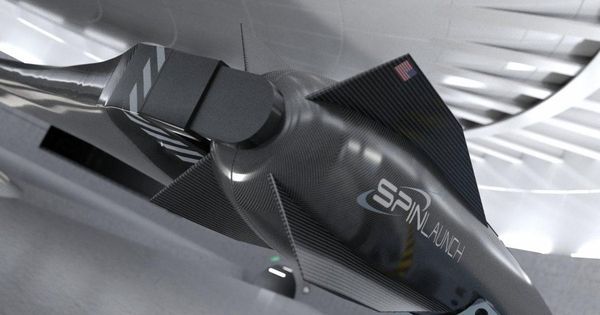
A secretive startup has been awarded a launch contract for the U.S. military using a rather novel launch system – based on kinetic energy technology that would essentially shoot satellites directly into space using a hypersonic vehicle.
Last week on Wednesday, June 19, California-based company SpinLaunch announced they had secured a launch contract with the U.S. Department of Defense (DOD). They didn’t release any further details, other than noting it was a “responsive launch prototype contract… for kinetic energy-based launch services.”
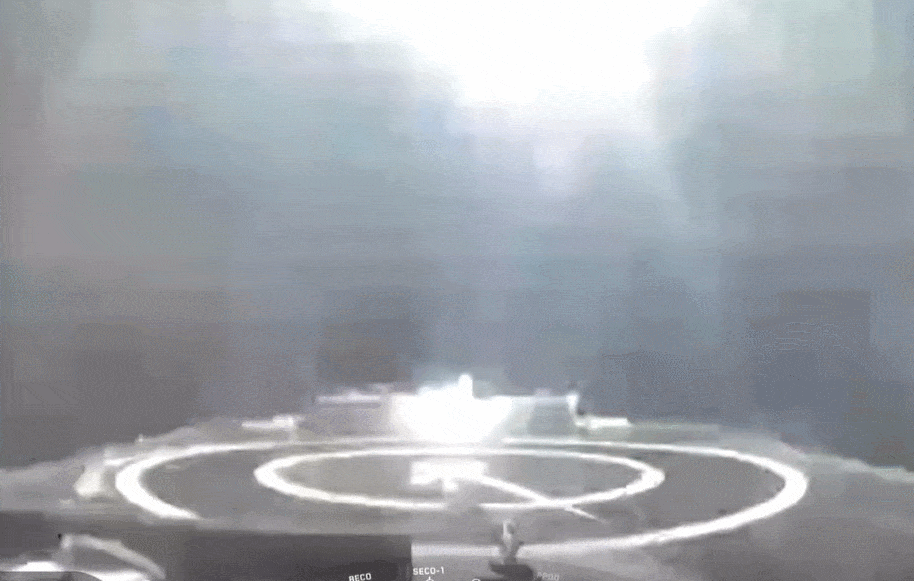
SpaceX launched its Falcon Heavy rocket in the early hours of Tuesday morning, delivering 24 satellites into orbit and making many of its clients very happy in the process. The company nailed the landing of both side boosters, but the center core booster narrowly missed its landing and splashed down in the ocean instead.
In the hours following the launch, SpaceX boss Elon Musk weighed in on the unfortunate fate of the core booster, offering a bit of an explanation as to why it missed its mark.
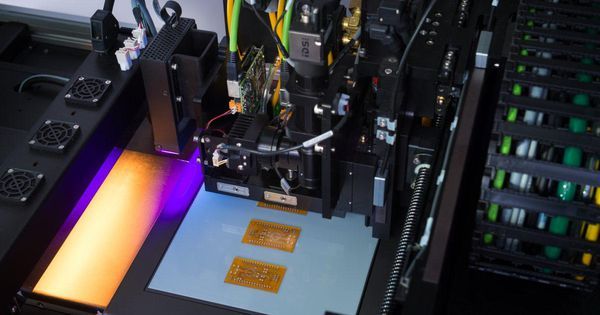
New 3D-printed materials are going to space thanks to a recently funded partnership between Israel’s NanoDimension and Florida’s Harris Corp.
The companies plan to create new materials to reduce the manufacturing of small satellites, an exceedingly popular market right now for applications ranging from weather observations to remote surveillance.
They aim to fly their materials on an external platform of the International Space Station for a year. The goal is to better understand how 3D-printed components (such as circuits and materials) withstand the space environment, which includes extreme temperature swings and high radiation. The launch date of the project was not disclosed.
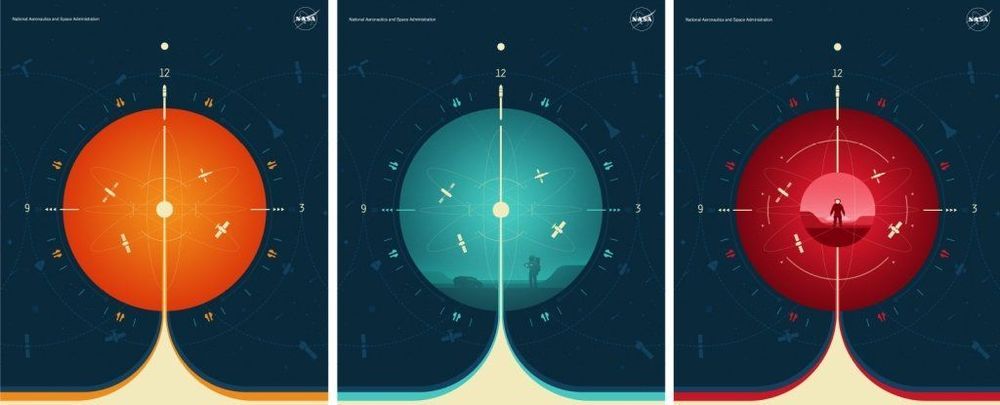
On 24 June 2019, NASA is sending an atomic clock into space. Not just any old atomic clock, either. It’s up to 50 times more accurate than the atomic clocks aboard GPS satellites, its precision only changing by one second every 10 million years.
It’s only the size of a toaster, yet it could revolutionise deep-space travel.
It’s called the Deep Space Atomic Clock, and the next year will be crucial to its development, with NASA monitoring its performance as it orbits Earth at an altitude of 720 kilometres (447 miles) — nearly twice the distance from Earth as the International Space Station. It’ll be launched aboard SpaceX’s Falcon Heavy rocket.
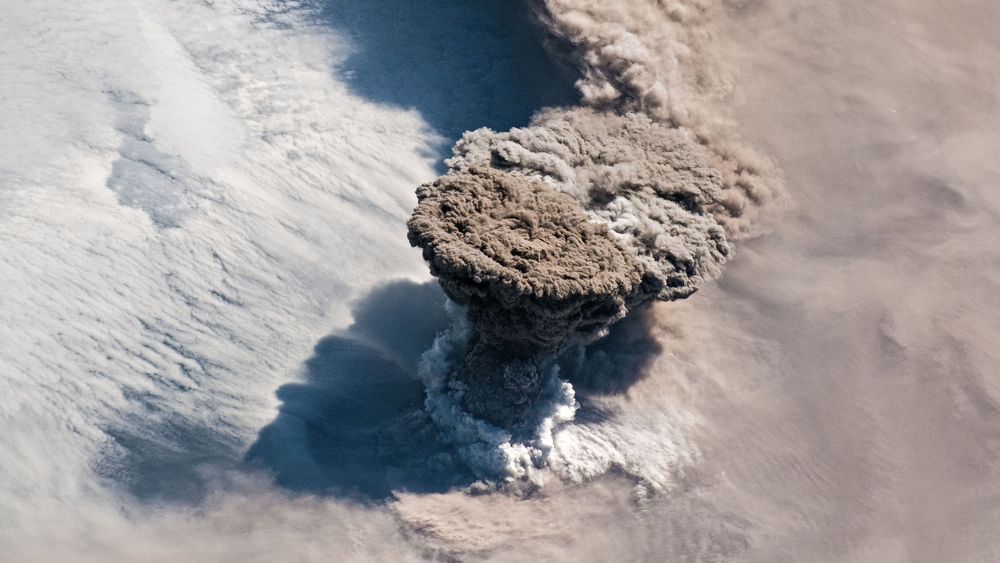
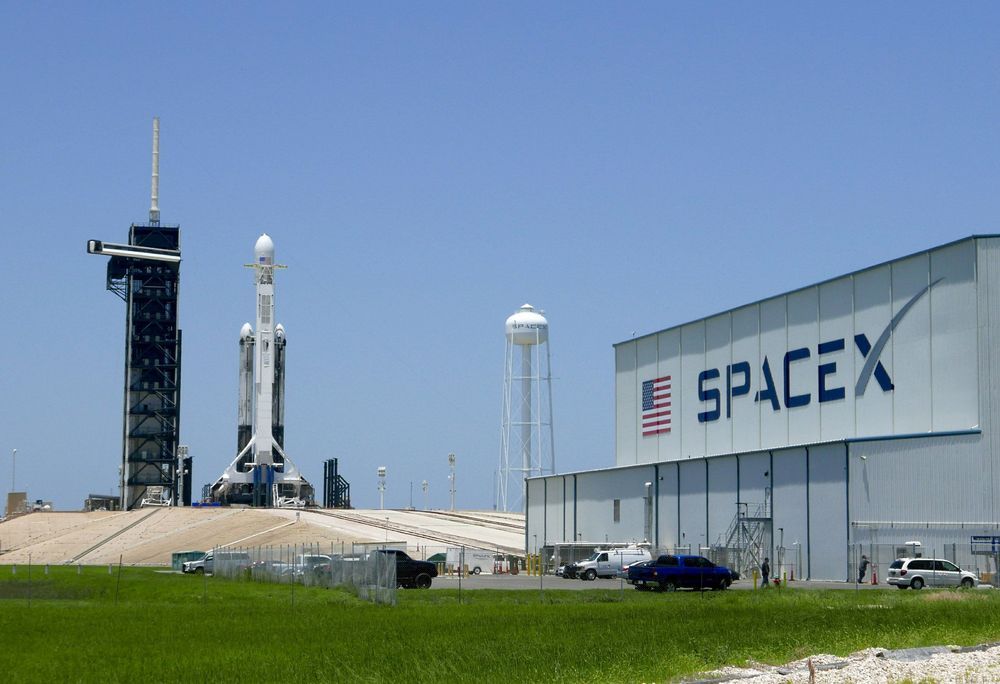
CAPE CANAVERAL, Fla. (AP) — SpaceX launched its heftiest rocket with 24 research satellites Tuesday, a middle-of-the-night rideshare featuring a deep space atomic clock, solar sail, a clean and green rocket fuel testbed, and even human ashes.
It was the third flight of a Falcon Heavy rocket, but the first ordered up by the military.
The Defense Department mission, dubbed STP-2 for Space Test Program, is expected to provide data to certify the Falcon Heavy — and reused boosters — for future national security launches. It marked the military’s first ride on a recycled rocket.